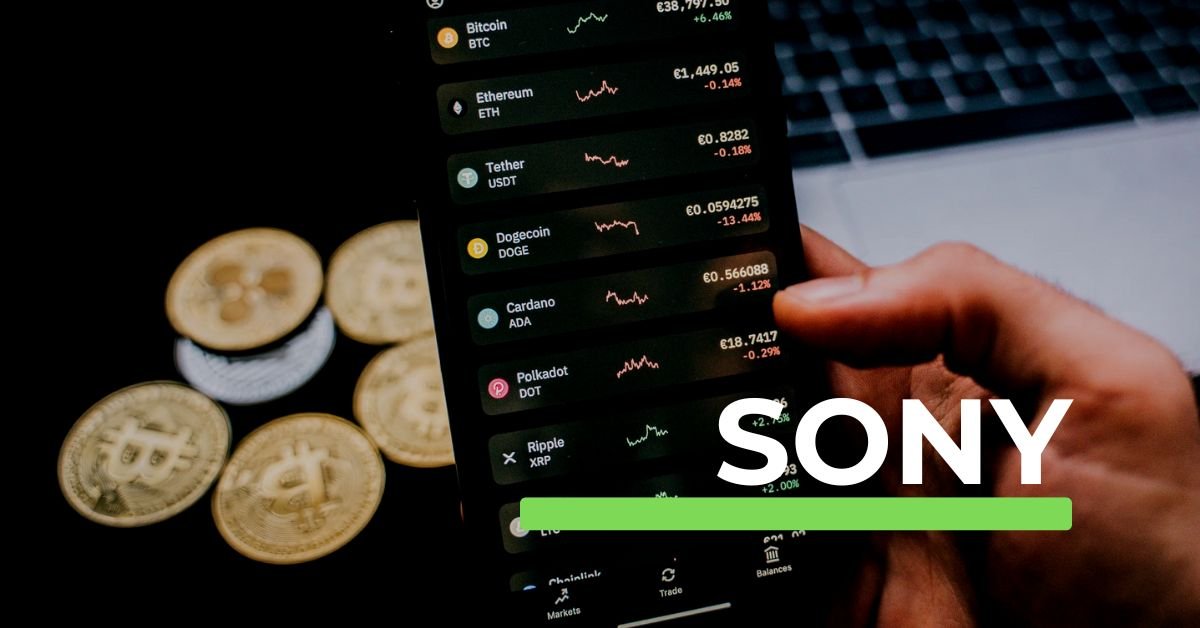Pump.fun, a leading Solana-based memecoin launchpad, has been a hub for rapid token creation, generating over 8.8 million tokens and accounting for more than 61% of Solana’s token issuance. However, a recent report by Pine Analytics has exposed a systemic issue: market manipulation through sniper wallets funded by token deployers.
The Sniper Wallet Scheme
Per Pine Analytics, approximately 1.75% of Pump.fun’s token launches—exceeding 15,000 in the last month—were subject to manipulation by sniper wallets. These wallets, often funded by the same developers launching the tokens, buy up newly released memecoins to create an illusion of immediate demand. The report highlights that these snipers, primarily active during US hours, achieve an 87% success rate in profitable trades, extracting over 15,000 SOL (approximately $2.25 million at $150 per SOL) in profits. By dumping tokens quickly, these wallets deceive retail investors into buying at inflated prices, only for the market to crash soon after.
The manipulation is sophisticated. Developers use proxies and burner wallets to obscure connections between snipers and deployers, making it challenging to trace. Pine Analytics noted that filtering out snipers without direct links to developer wallets misses projects that cover their tracks, leaving the memecoin community vulnerable to systemic abuse.
Impact on Retail Investors and Platform Trust
This strategy undermines confidence in Pump.fun, leaving retail investors with devalued tokens after sniper wallets cash out their profits. The artificial demand created by these wallets misleads traders into believing a token has organic interest, a form of market manipulation that gives developers an unfair advantage. Posts on X reflect growing frustration, with users like @ThinkingUSD highlighting the “rigged” nature of the platform and @Shelpid_WI3M exposing developer wallets profiting from 200x to 800x returns.
The controversy adds to Pump.fun’s challenges. With a $500 million lawsuit in January 2025 for allegedly functioning as an unregistered securities exchange and a UK user ban in December 2024, Pump.fun’s reputation is facing significant pressure. Despite its record transaction volume surpassing Solana and Ethereum, the sniper wallet issue threatens its credibility as a fair launchpad.
Pump.fun’s Response and Platform Dynamics
Pump.fun has not publicly addressed the Pine Analytics report directly, but it has introduced features like trending coins, watchlists, and semantic search to enhance user experience. These updates, rolled out on March 27 and 28, 2025, aim to improve transparency and navigation but do not tackle the sniper wallet problem. The platform’s bonding curve model, which increases token prices as more are bought, facilitates quick pumps but also enables the rapid dumps seen in manipulated launches.
- Sponsored -

The rise of sniper bots, like those advertised on SolanaSniper.space, exacerbates the issue. These AI-powered tools allow traders to automate token sniping with high-speed transactions, further tilting the playing field against retail investors. While Pump.fun remains a dominant player, with $14.2 million in fees generated by its PumpSwap DEX since March 19, 2025, the lack of systemic countermeasures against manipulation remains a critical gap.
Broader Implications for the Memecoin Ecosystem
The sniper wallet controversy underscores broader issues in the memecoin market. The Solana ecosystem, while praised for its speed and low costs, has seen scandals like the $4.4 billion Libra memecoin crash and insider trading in tokens like Melania (MELANIA). These incidents highlight the risks of unregulated launchpads and the need for better defenses against manipulation.
Kaiko Research notes that memecoins remain profitable for exchanges and market makers due to high bid-ask spreads, suggesting the frenzy is far from over. However, without addressing manipulation, platforms like Pump.fun risk alienating users and inviting stricter regulatory scrutiny, especially after legal challenges in the US and UK.
Also Read: Meme Coin Madness: How Fartcoin is Defying the Crypto Crash
Conclusion
The Pine Analytics report reveals a troubling reality for Pump.fun: systematic market manipulation through sniper wallets undermines its promise of fair memecoin launches. While the platform drives innovation in the Solana ecosystem, its failure to curb these practices risks long-term trust and sustainability. Retail investors must exercise caution, using tools like RugCheck to vet tokens, and the industry needs stronger mechanisms to ensure transparency. As memecoins continue to captivate the crypto world, addressing these systemic issues will be crucial to maintaining their appeal and integrity.
FAQs
What are sniper wallets, and how do they manipulate Pump.fun token launches?
Sniper wallets are accounts, often funded by token deployers, that rapidly buy newly launched memecoins on Pump.fun to artificially inflate demand and prices. These wallets then sell at a profit, leaving retail investors with devalued tokens. According to Pine Analytics, up to 1.75% of Pump.fun’s token launches—over 15,000 in a month—were manipulated this way, with snipers using proxies and burner wallets to hide their tracks.
How does the sniper wallet issue affect retail investors on Pump.fun?
The tactic erodes trust in Pump.fun, as retail investors often end up holding tokens that lose value after sniper wallets exit with profits. This manipulation creates a false sense of market interest, misleading investors into buying at inflated prices, which can lead to significant financial losses.
What challenges is Pump.fun facing beyond the sniper wallet controversy?
Pump.fun is under strain from a $500 million lawsuit filed in January 2025, alleging it operated as an unregistered securities exchange, and a December 2024 ban on UK users due to Financial Conduct Authority warnings. These legal and regulatory issues, combined with the sniper wallet problem, are putting significant pressure on the platform’s reputation.












